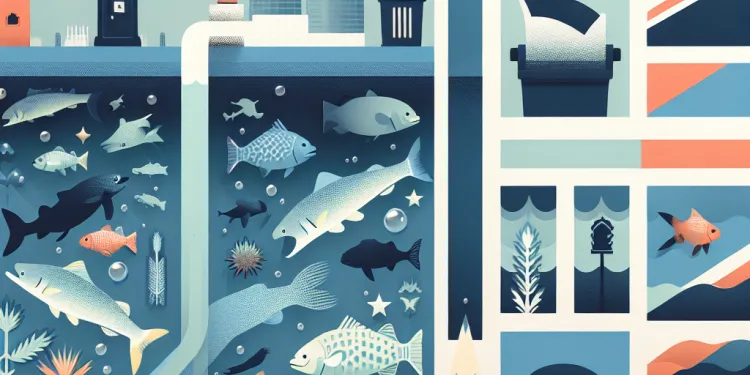
Find Help
More Items From Ergsy search
-
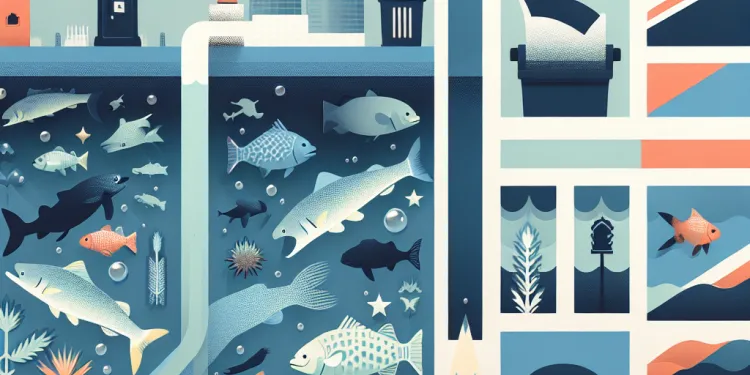
Can sewage pollution impact marine wildlife?
Relevance: 100%
-
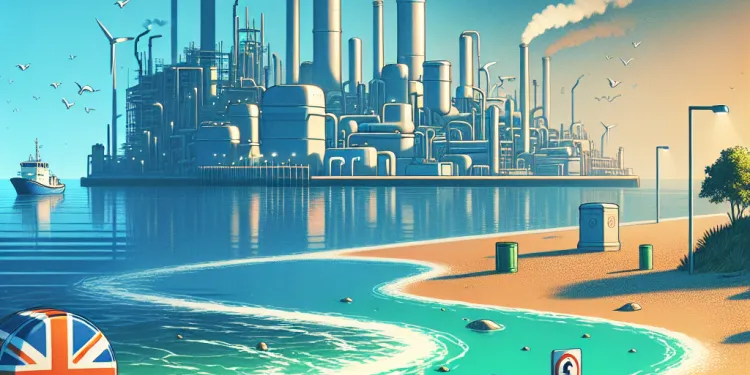
What causes sewage pollution on UK beaches?
Relevance: 53%
-
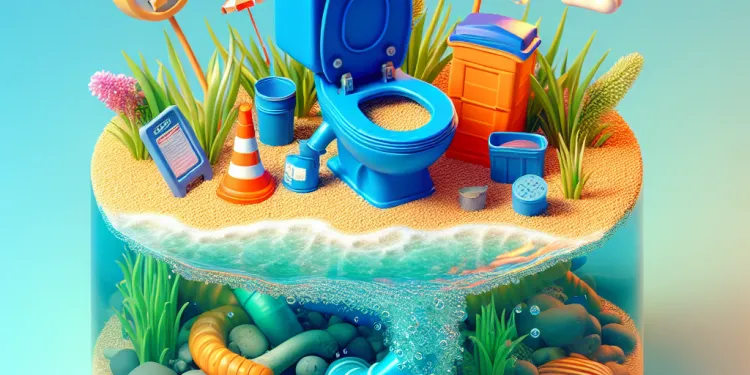
Is sewage a problem on UK beaches?
Relevance: 53%
-
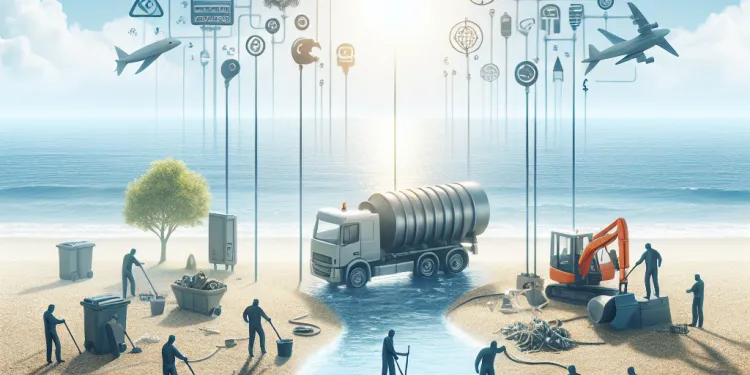
What is being done to address sewage pollution on UK beaches?
Relevance: 52%
-
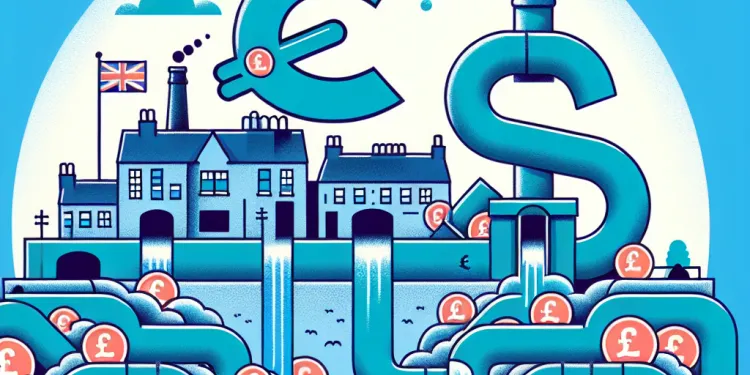
Which UK areas are most affected by sewage pollution?
Relevance: 50%
-
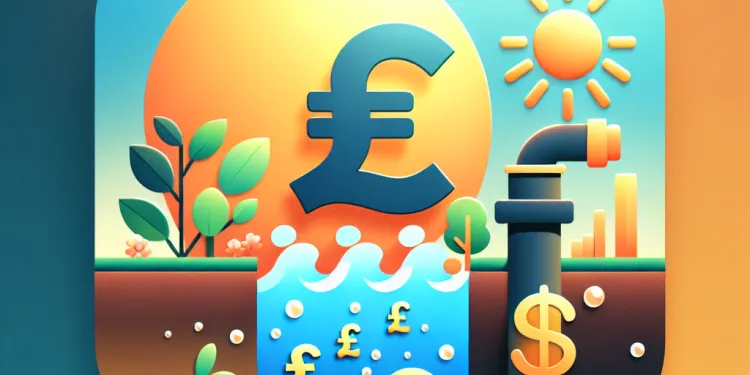
Is climate change affecting sewage pollution levels?
Relevance: 49%
-
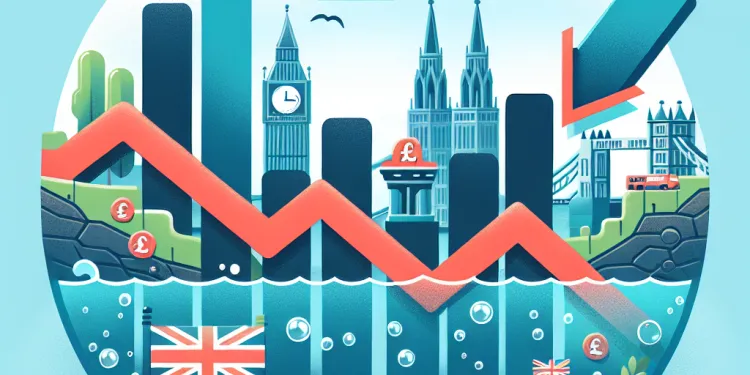
Has sewage pollution in the UK improved over recent years?
Relevance: 46%
-
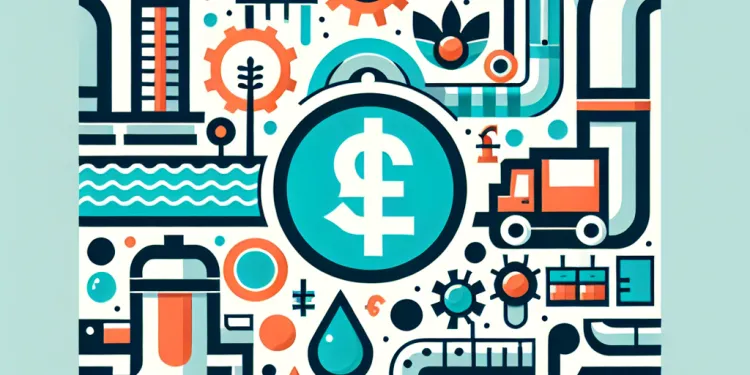
What agencies monitor and regulate sewage pollution in the UK?
Relevance: 45%
-
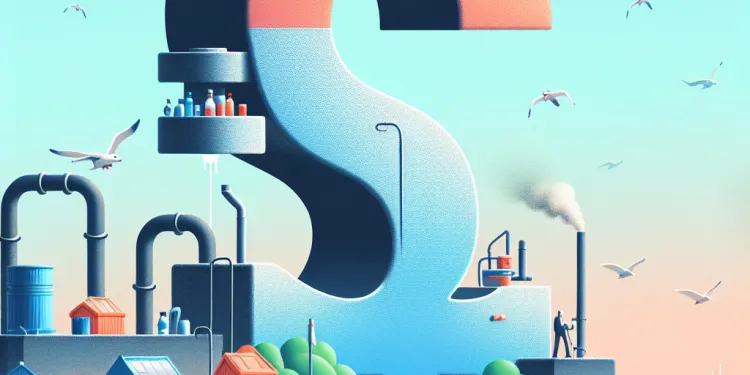
How can the public find out if a beach has sewage pollution?
Relevance: 45%
-
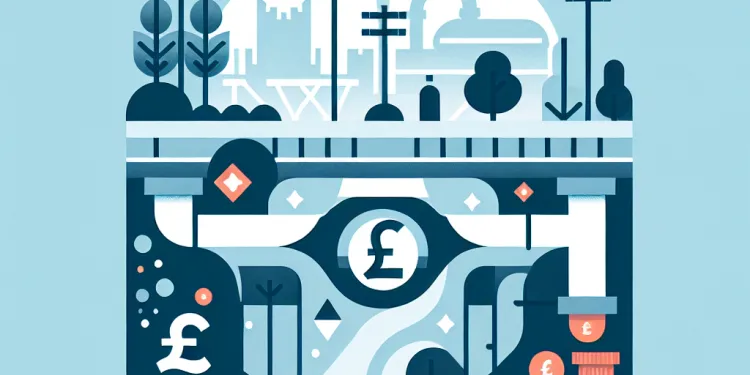
What role do water companies play in sewage pollution?
Relevance: 45%
-
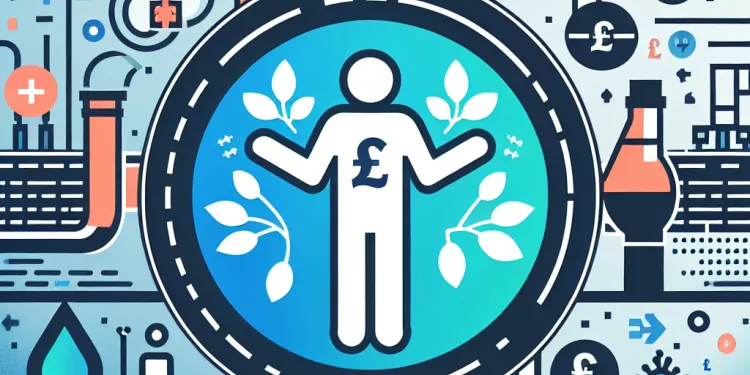
How does sewage pollution affect public health?
Relevance: 44%
-
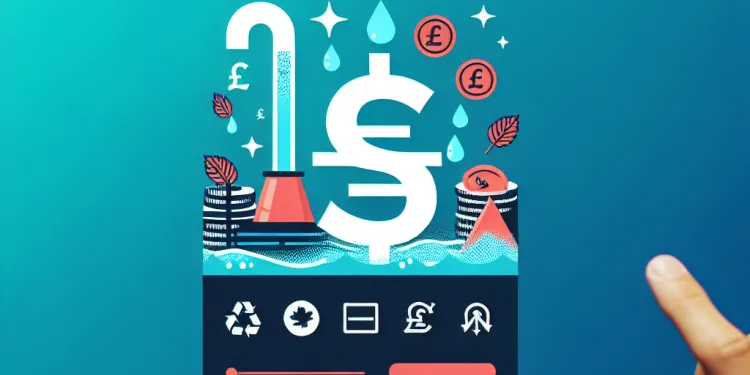
How can individuals help reduce sewage pollution?
Relevance: 43%
-
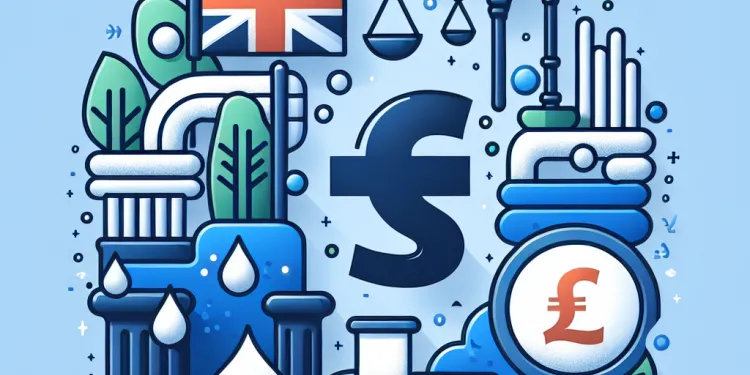
Are there legal guidelines for sewage discharge into UK waters?
Relevance: 33%
-
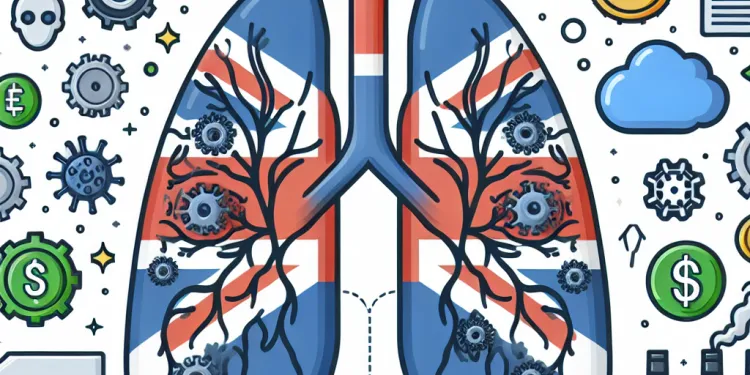
Air Pollution and Lung Cancer
Relevance: 22%
-
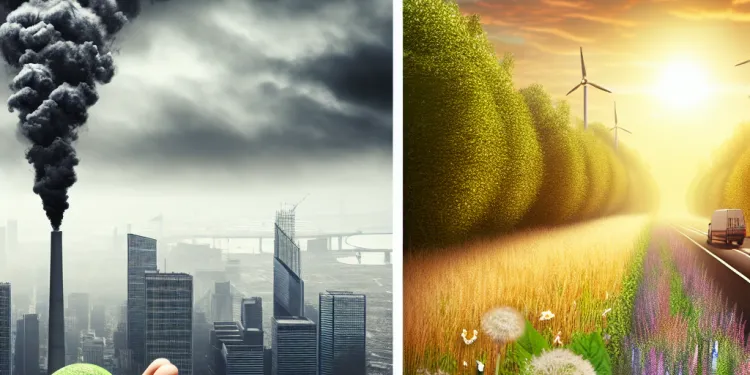
How does air pollution affect asthma?
Relevance: 20%
-
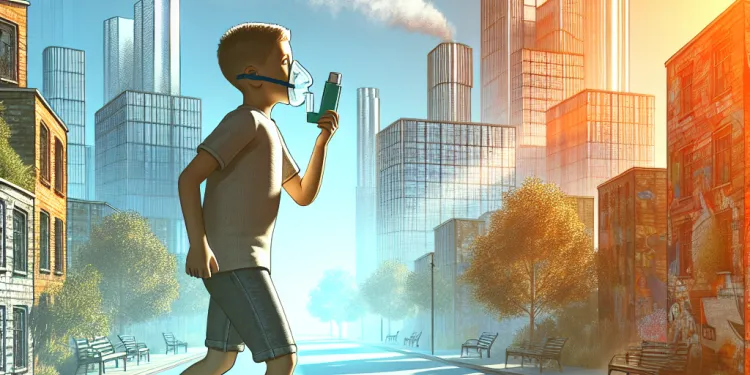
Rise in Childhood Asthma Linked to Air Pollution in Urban Areas
Relevance: 19%
-

High Air Pollution Levels Linked to Rising Cases of Respiratory Issues
Relevance: 19%
-

Where can I find information on air pollution and its effect on Asthma for my local area?
Relevance: 18%
-

Where can I find research studies on air pollution and asthma in my area?
Relevance: 18%
-

What are some common pollutants that affect asthma sufferers in urban areas?
Relevance: 18%
-
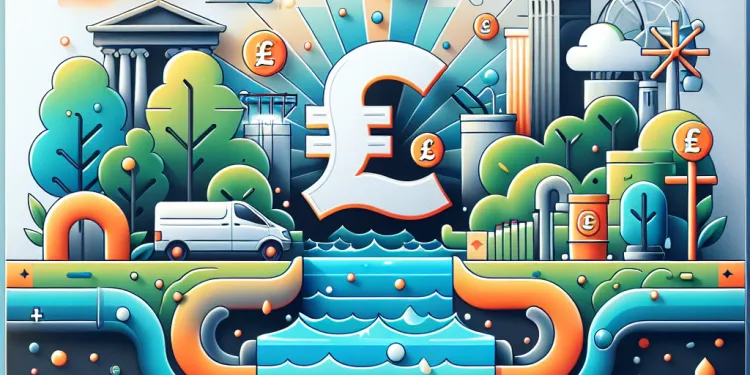
What is a Combined Sewer Overflow (CSO)?
Relevance: 18%
-

What local organizations provide information on air pollution and asthma?
Relevance: 14%
-

How can I reduce my exposure to air pollution if I have asthma?
Relevance: 14%
-

What local organizations provide information on air pollution and asthma?
Relevance: 13%
-
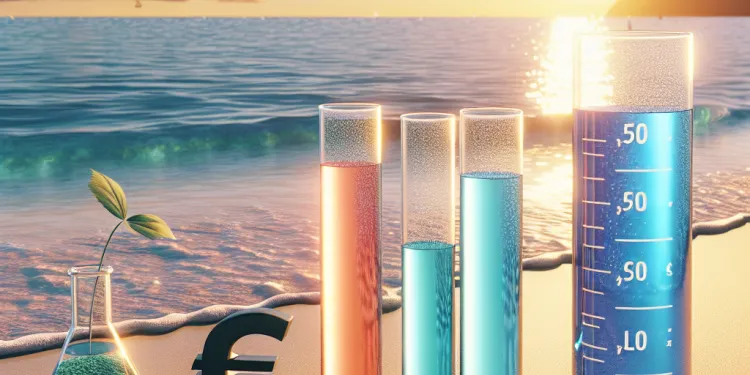
Are some UK beaches rated better for water quality than others?
Relevance: 13%
-

Where can I find general information about air pollution and asthma?
Relevance: 13%
-
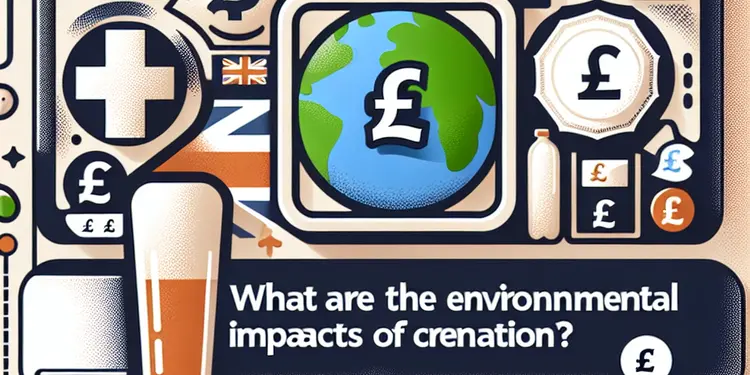
What are the environmental impacts of cremation?
Relevance: 13%
-
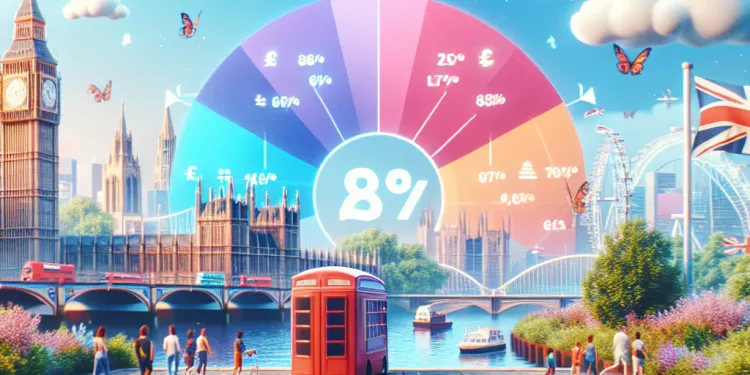
Is UK air quality changing?
Relevance: 12%
-

Are there mobile apps to track air quality and its impact on asthma?
Relevance: 10%
-
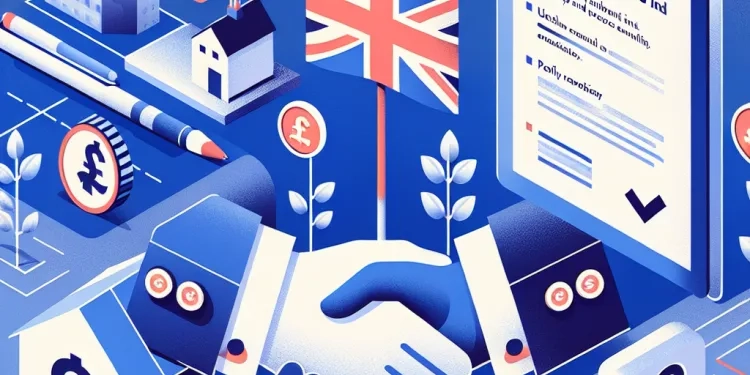
Is there a difference in responsibility between public and private land?
Relevance: 9%
-
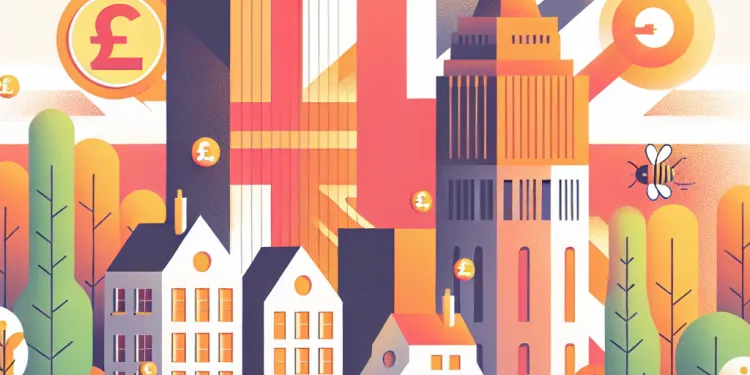
Is hay fever more common in urban areas?
Relevance: 9%
-
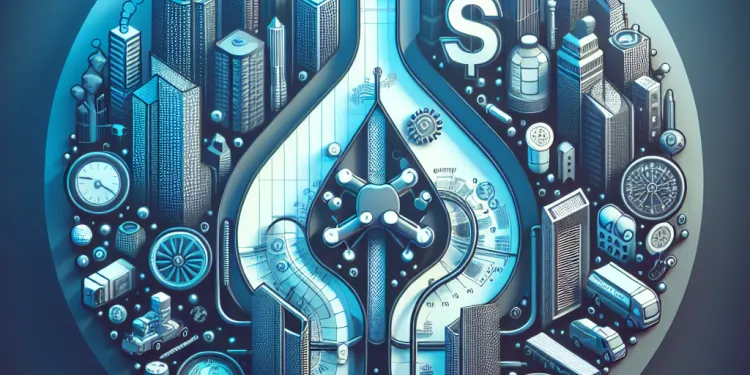
UK Study Links Poor Air Quality to Increased Asthma Cases in Urban Areas
Relevance: 9%
-
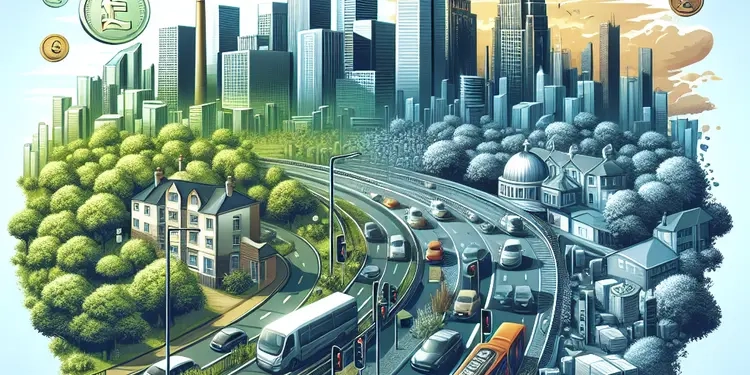
Are traffic fumes bad for my health?
Relevance: 9%
-

How do I check current air quality levels in my local area?
Relevance: 8%
-
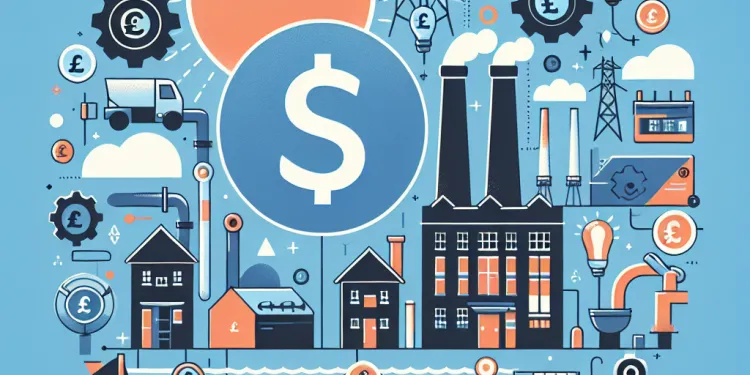
Are water companies responsible for maintaining water infrastructure in the UK?
Relevance: 8%
-
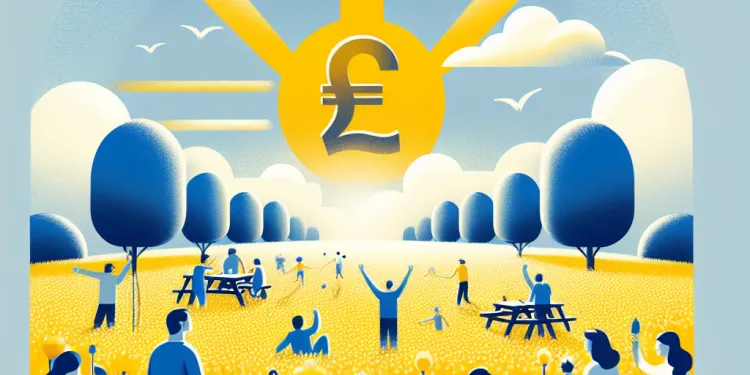
Why are experts warning of rising hay fever cases?
Relevance: 8%
-
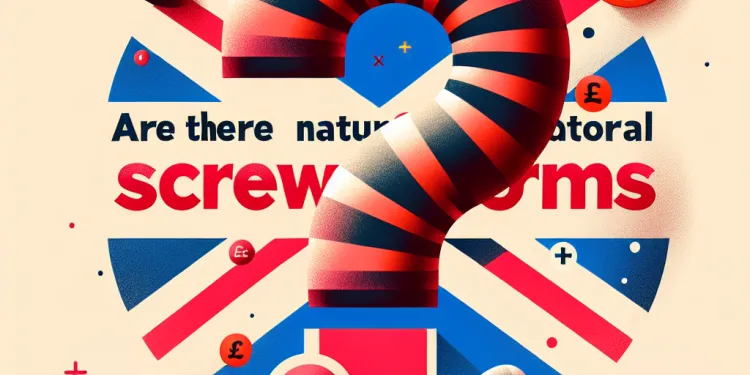
Are there any natural predators of screw worms?
Relevance: 8%
-
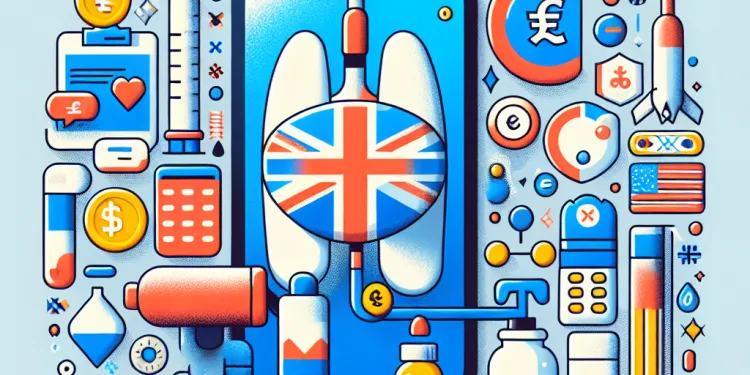
What causes asthma?
Relevance: 8%
-
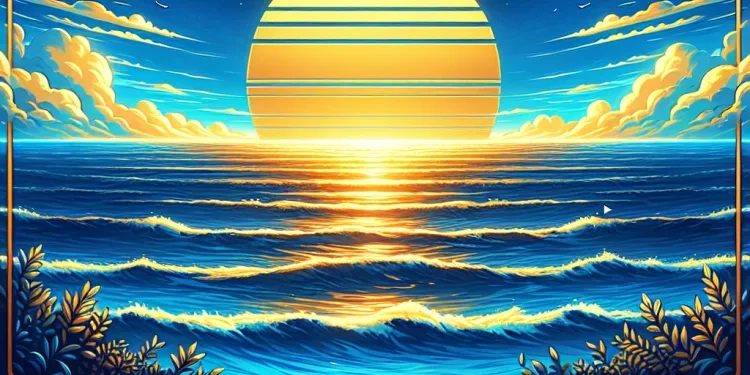
Burial at Sea
Relevance: 7%
-
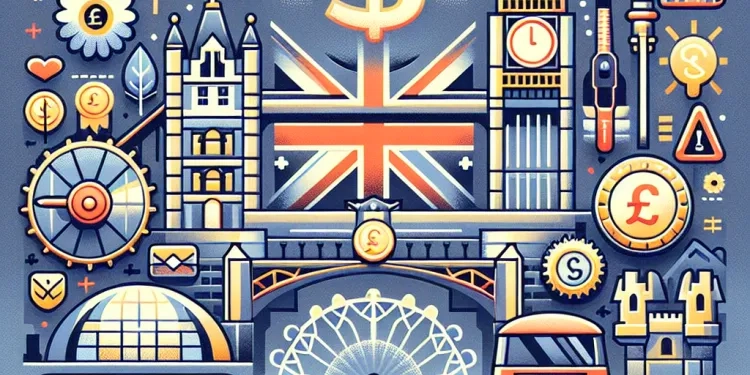
Why is infrastructure maintenance important?
Relevance: 7%
Can Sewage Pollution Impact Marine Wildlife?
Understanding Sewage Pollution
Sewage pollution refers to the contamination of water bodies with waste products originating from domestic, industrial, or agricultural sources. In the UK, despite advanced sewage treatment facilities, occasional overflows and leaks release untreated or partially treated sewage into rivers and coastal waters. This can contain nutrients, pathogens, chemicals, and microplastics, all of which pose a threat to marine ecosystems.Effects on Marine Wildlife
Marine wildlife, including fish, mollusks, crustaceans, and birds, can be significantly impacted by sewage pollution. Eutrophication, a process driven by excessive nutrients such as nitrogen and phosphorus in sewage, leads to the overgrowth of algae. This depletes oxygen in the water, creating dead zones where marine life struggles to survive. Moreover, pathogens in sewage can spread diseases among animal populations, sometimes leading to large die-offs.Impact on Food Chains
Sewage pollution alters food chains by impacting primary producers and consumers. Algal blooms can overshadow submerged plants, reducing photosynthesis and thus affecting herbivorous species. With disrupted food sources, the balance of marine ecosystems is threatened, potentially leading to a decline in predator species and a change in biodiversity.Chemical Contaminants
Chemicals in sewage, such as pharmaceuticals and heavy metals, accumulate in the tissues of marine organisms through bioaccumulation. These substances can cause reproductive and developmental issues in fish and other marine wildlife. Top predators, such as seals and large fish, are particularly at risk due to biomagnification, where chemicals become more concentrated at higher trophic levels.Legal and Conservation Efforts
The UK government and environmental agencies are actively working to mitigate the impact of sewage pollution on marine life. Regulations aim to reduce the frequency of sewage discharges, and investment in infrastructure is ongoing. Public awareness campaigns and conservation projects are also crucial in protecting coastal ecosystems, ensuring the long-term health of marine wildlife. Efforts must be sustained and enhanced to safeguard the UK's rich marine biodiversity from the threat of sewage pollution.Can Sewage Pollution Harm Sea Animals?
What is Sewage Pollution?
Sewage pollution happens when dirty water gets into rivers and seas. This dirty water comes from homes, factories, or farms. In the UK, even with good cleaning systems, sometimes dirty water still leaks into rivers and seas. This dirty water can have germs, chemicals, and tiny pieces of plastic. These are bad for sea animals.How Does it Affect Sea Animals?
Sewage pollution can be very bad for fish, shells, crabs, and birds. When sewage has too many nutrients like nitrogen and phosphorus, it makes too much algae grow. This algae takes away oxygen from the water. Without oxygen, sea animals struggle to live. Germs in the sewage can also make animals sick or even die.Food Chains in Danger
Sewage pollution changes what animals eat. Algae grows a lot and blocks sunlight. This makes underwater plants hard to grow. Animals that eat those plants might not have enough food. This can upset the balance of life in the sea and change which animals are around.Bad Chemicals
Some chemicals in sewage, like medicines and metals, build up in sea animals. These can hurt fish and other sea creatures. Big predators like seals and big fish eat smaller animals with these chemicals. This makes the chemicals even stronger in their bodies, which is harmful.What Is Being Done?
The UK government and other groups are trying to stop sewage pollution from hurting sea life. They have rules to limit the release of dirty water. There is money spent on better cleaning systems too. People talk to others about how to keep our seas clean. Protecting sea life is important to keep our seas healthy for a long time. We need to keep working hard to protect the wonderful animals in our seas from sewage pollution.Frequently Asked Questions
What is sewage pollution?
Sewage pollution occurs when untreated or inadequately treated wastewater is released into the environment, including water bodies like oceans and rivers.
How does sewage pollution affect marine wildlife?
Sewage pollution can introduce harmful bacteria, viruses, chemicals, and nutrients into marine ecosystems, which can be toxic to marine species, disrupt habitats, and lead to loss of biodiversity.
Are any marine species particularly vulnerable to sewage pollution?
Yes, species such as shellfish, which filter water, are particularly vulnerable as they can accumulate toxins present in polluted waters, affecting their health and survival.
What are other consequences of sewage pollution in marine environments?
Apart from harming wildlife, sewage pollution can lead to algal blooms, depletion of oxygen in the water, and damage to coral reefs and other sensitive ecosystems.
What are algal blooms, and why are they harmful?
Algal blooms are rapid increases in the population of algae in water systems, often spurred by excess nutrients from sewage. They can produce toxins harmful to wildlife and humans and reduce oxygen levels, leading to dead zones.
How does sewage pollution contribute to ocean acidification?
The decomposition of organic matter in sewage can increase CO2 levels, contributing to ocean acidification, which negatively affects calcifying organisms like corals and shellfish.
Is untreated sewage more harmful than treated sewage?
Yes, untreated sewage contains higher levels of pathogens, nutrients, and toxic chemicals, posing greater risks to marine wildlife and ecosystems compared to properly treated sewage.
Can sewage pollution affect marine mammals?
Yes, marine mammals can be affected through the contamination of their food sources, potential accumulation of toxins in their bodies, and the degradation of their habitats.
What regulations exist in the UK to prevent sewage pollution?
In the UK, regulations such as the Urban Waste Water Treatment Regulations require adequate treatment of sewage before discharge into water bodies to protect public health and the environment.
How can individuals help reduce sewage pollution?
Individuals can help by reducing water waste, disposing of chemicals properly, supporting policies that improve waste management, and avoiding products that contain microplastics.
Why is it important to address sewage pollution?
Addressing sewage pollution is crucial to protect marine biodiversity, maintain healthy ecosystems, ensure clean water for human use, and reduce the spread of waterborne diseases.
Are any UK marine areas particularly impacted by sewage pollution?
Coastal areas and estuaries near urban centres or industrial facilities can be more impacted due to higher volumes of wastewater discharge.
Do climate change and sewage pollution interact?
Yes, climate change can exacerbate sewage pollution effects by increasing storm events, leading to more frequent overflow of sewage systems, and altering pollution dispersion patterns.
How does sewage pollution impact fish populations?
Sewage pollution can lead to reduced water quality, which can stress fish, lower reproduction rates, and lead to population declines.
What is the role of wetlands in mitigating sewage pollution?
Wetlands can naturally filter pollutants from water, including nutrients and sediments from sewage, hence playing a crucial role in reducing the impacts of sewage pollution on marine environments.
What is sewage pollution?
Sewage pollution happens when dirty water gets into rivers or the sea. This dirty water comes from toilets, sinks, and factories. It can make the water unsafe for people and animals.
If you want to learn more, try using pictures and videos to help understand. You can also ask someone to read with you or use simple language books and apps.
Sewage pollution happens when dirty water, or waste, goes into the environment without being cleaned properly. This dirty water can get into places like oceans and rivers.
How does dirty water harm sea animals?
Sewage pollution is when dirty water with bad stuff gets into the sea. This bad stuff can be germs, chemicals, or things that make too much plant growth. It can hurt fish and other sea animals. It can also damage places where they live and make there be fewer types of animals in the sea.
Which sea animals get hurt the most by dirty water?
Some sea animals get sick if the water is dirty. Dirty water happens when people put bad things, like sewage, into the sea. This can hurt fish, turtles, and other sea creatures.
To understand better, you can:
- Look at pictures of sea animals.
- Watch videos about the ocean.
- Ask your teacher or a helper to explain more.
Learning about sea animals can be fun and help keep them safe!
Yes, animals like shellfish can get sick if the water is dirty. Shellfish clean the water by taking in what’s in it. If there are bad things in the water, shellfish can collect these and it can make them sick. This can make it hard for them to live.
What else happens when dirty water is in the ocean?
Sewage can hurt animals. It can also make too many algae grow in the water. This uses up oxygen that fish and other animals need. Sewage can also harm coral reefs and places where nature is delicate.
What are algal blooms, and why are they harmful?
Algal blooms happen when algae grow a lot in water, like in lakes or the sea. Algae are tiny green plants.
Algal blooms can be bad because:
- They make water dirty and smelly.
- They use up a lot of oxygen, and fish need oxygen to live.
- Some algal blooms can make poison that is harmful to fish and people.
To understand better, you can use pictures or videos. Ask for help if you need it.
An algal bloom happens when lots of algae grow quickly in the water. This often happens because too much waste, like sewage, goes into the water.
When algal blooms happen, they can make poison that can hurt animals and people. They also use up the oxygen in the water, which can cause "dead zones" where fish and other animals can't live.
For easier understanding, you can use tools like reading pens or text-to-speech software. These can read the text out loud for you. Drawing pictures or using color codes can also help explain how algal blooms work.
How does dirty water make the ocean more acidic?
When things from plants and animals break down in sewage, it makes more CO2. This can make the ocean more acidic, which is bad for animals with shells, like corals and shellfish.
Is untreated sewage more harmful than treated sewage?
Sewage is the dirty water that goes down the drain. It can be from toilets, sinks, and showers.
Untreated sewage is dirty and not cleaned. Treated sewage is cleaned and made safer.
Untreated sewage can make people sick. It can also harm fish and plants.
Treated sewage is much safer. It is cleaned so it can go back to nature.
If you want to learn more, you can use helpful tools like pictures or videos. You can also ask someone to help you understand.
Yes, if sewage is not cleaned, it can be very bad. It has many germs, chemicals, and nutrients. This makes it dangerous for sea animals and the places they live.
Does dirty water hurt sea animals?
Yes, sea animals can get sick when their food is dirty, when bad stuff builds up in their bodies, and when their homes are damaged.
Tips to help understand:
- Use pictures to see what the words mean.
- Ask a grown-up to help read or explain the words.
- Read slowly and take your time.
What rules stop sewage pollution in the UK?
In the UK, there are rules to stop dirty water (sewage) from getting into rivers and seas. These rules help keep water clean and safe for people and animals.
If you want to learn more, you can:
- Read simple books about the environment.
- Ask someone to explain it to you.
- Watch videos that show how to keep water clean.
In the UK, there are rules to clean dirty water. These rules say we must clean the water properly before we put it back into rivers or the sea. This is to keep people healthy and take care of nature.
How can people help reduce sewage pollution?
Sewage pollution is when dirty water from homes and businesses harms the environment. Here are some easy ways to help stop it:
- Use less water: Take shorter showers and turn off the tap when brushing your teeth.
- Don't flush waste: Only flush toilet paper. Do not flush things like wipes or cotton buds.
- Use natural cleaners: Clean with things like vinegar and baking soda instead of strong chemicals.
- Fix leaks: If you have leaky pipes or taps, get them fixed quickly.
These simple steps will help keep our water clean and safe.
You can help in some easy ways:
- Use less water. Try not to waste it.
- Throw away chemicals safely. Don't pour them down the sink.
- Support rules that help manage waste better.
- Don't buy things with tiny plastic bits (microplastics).
You can use apps or reminder notes to help you remember these tips.
Why do we need to fix dirty water problems?
It is important to keep our water clean. Dirty water can make rivers, lakes, and the sea unsafe.
Dirty water can make fish and other animals sick. It can make people sick too.
If we fix dirty water, we help nature and keep everyone healthy.
Here are some ways to learn more or get help:
- Look for pictures or videos that show clean and dirty water.
- Ask someone to read this with you and explain it.
- Use a dictionary to learn new words.
We need to stop dirty water to protect sea animals, keep water and land healthy, make sure we have clean water to drink and use, and stop diseases that spread in water.
Does sewage make any UK seas dirty?
Places by the sea and river mouths near big cities or factories can get more polluted because they dump more dirty water there.
Do Climate Change and Sewage Pollution Work Together?
Climate change means our world is getting warmer. Sewage pollution is dirty water that can make rivers and seas unhealthy. Sometimes, these two things can affect each other.
When the weather gets hot, sewage pollution can get worse. This can happen because heavy rain might cause sewage to overflow into rivers.
Bacteria and other bad things in sewage can grow faster in warmer water. This can be bad for fish and plants in the water.
To learn more, you can watch videos or see pictures about climate change and pollution. Also, talking with a teacher or using a learning app can help you understand better.
Yes, climate change can make sewage pollution worse. More storms can happen, which can cause sewage systems to overflow more often. It also changes how pollution spreads.
What happens to fish when dirty water goes into rivers?
When dirty water from toilets and drains goes into rivers and lakes, it can hurt fish. This is because the dirty water has germs and chemicals that make it hard for fish to live. It might make it hard for fish to find food or breathe. This can mean there are fewer fish in the water.
Here are some ways to help understand better:
- Use pictures to show how water gets dirty.
- Watch videos about fish and water pollution.
- Ask a teacher or a friend to explain more.
Sewage pollution makes water dirty and unhealthy. This can hurt fish, make it harder for them to have babies, and cause fewer fish to live in the water.
How do wetlands help clean dirty water?
Wetlands help clean dirty water. They take out bad stuff like dirt and waste. This helps keep oceans and rivers clean.
Useful Links
This website offers general information and is not a substitute for professional advice.
Always seek guidance from qualified professionals.
If you have any medical concerns or need urgent help, contact a healthcare professional or emergency services immediately.
Some of this content was generated with AI assistance. We’ve done our best to keep it accurate, helpful, and human-friendly.
- Ergsy carfully checks the information in the videos we provide here.
- Videos shown by Youtube after a video has completed, have NOT been reviewed by ERGSY.
- To view, click the arrow in centre of video.
- Most of the videos you find here will have subtitles and/or closed captions available.
- You may need to turn these on, and choose your preferred language.
- Go to the video you'd like to watch.
- If closed captions (CC) are available, settings will be visible on the bottom right of the video player.
- To turn on Captions, click settings .
- To turn off Captions, click settings again.
More Items From Ergsy search
-

Can sewage pollution impact marine wildlife?
Relevance: 100%
-

What causes sewage pollution on UK beaches?
Relevance: 53%
-

Is sewage a problem on UK beaches?
Relevance: 53%
-

What is being done to address sewage pollution on UK beaches?
Relevance: 52%
-

Which UK areas are most affected by sewage pollution?
Relevance: 50%
-

Is climate change affecting sewage pollution levels?
Relevance: 49%
-

Has sewage pollution in the UK improved over recent years?
Relevance: 46%
-

What agencies monitor and regulate sewage pollution in the UK?
Relevance: 45%
-

How can the public find out if a beach has sewage pollution?
Relevance: 45%
-

What role do water companies play in sewage pollution?
Relevance: 45%
-

How does sewage pollution affect public health?
Relevance: 44%
-

How can individuals help reduce sewage pollution?
Relevance: 43%
-

Are there legal guidelines for sewage discharge into UK waters?
Relevance: 33%
-

Air Pollution and Lung Cancer
Relevance: 22%
-

How does air pollution affect asthma?
Relevance: 20%
-

Rise in Childhood Asthma Linked to Air Pollution in Urban Areas
Relevance: 19%
-

High Air Pollution Levels Linked to Rising Cases of Respiratory Issues
Relevance: 19%
-

Where can I find information on air pollution and its effect on Asthma for my local area?
Relevance: 18%
-

Where can I find research studies on air pollution and asthma in my area?
Relevance: 18%
-

What are some common pollutants that affect asthma sufferers in urban areas?
Relevance: 18%
-

What is a Combined Sewer Overflow (CSO)?
Relevance: 18%
-

What local organizations provide information on air pollution and asthma?
Relevance: 14%
-

How can I reduce my exposure to air pollution if I have asthma?
Relevance: 14%
-

What local organizations provide information on air pollution and asthma?
Relevance: 13%
-

Are some UK beaches rated better for water quality than others?
Relevance: 13%
-

Where can I find general information about air pollution and asthma?
Relevance: 13%
-

What are the environmental impacts of cremation?
Relevance: 13%
-

Is UK air quality changing?
Relevance: 12%
-

Are there mobile apps to track air quality and its impact on asthma?
Relevance: 10%
-

Is there a difference in responsibility between public and private land?
Relevance: 9%
-

Is hay fever more common in urban areas?
Relevance: 9%
-

UK Study Links Poor Air Quality to Increased Asthma Cases in Urban Areas
Relevance: 9%
-

Are traffic fumes bad for my health?
Relevance: 9%
-

How do I check current air quality levels in my local area?
Relevance: 8%
-

Are water companies responsible for maintaining water infrastructure in the UK?
Relevance: 8%
-

Why are experts warning of rising hay fever cases?
Relevance: 8%
-

Are there any natural predators of screw worms?
Relevance: 8%
-

What causes asthma?
Relevance: 8%
-

Burial at Sea
Relevance: 7%
-

Why is infrastructure maintenance important?
Relevance: 7%


